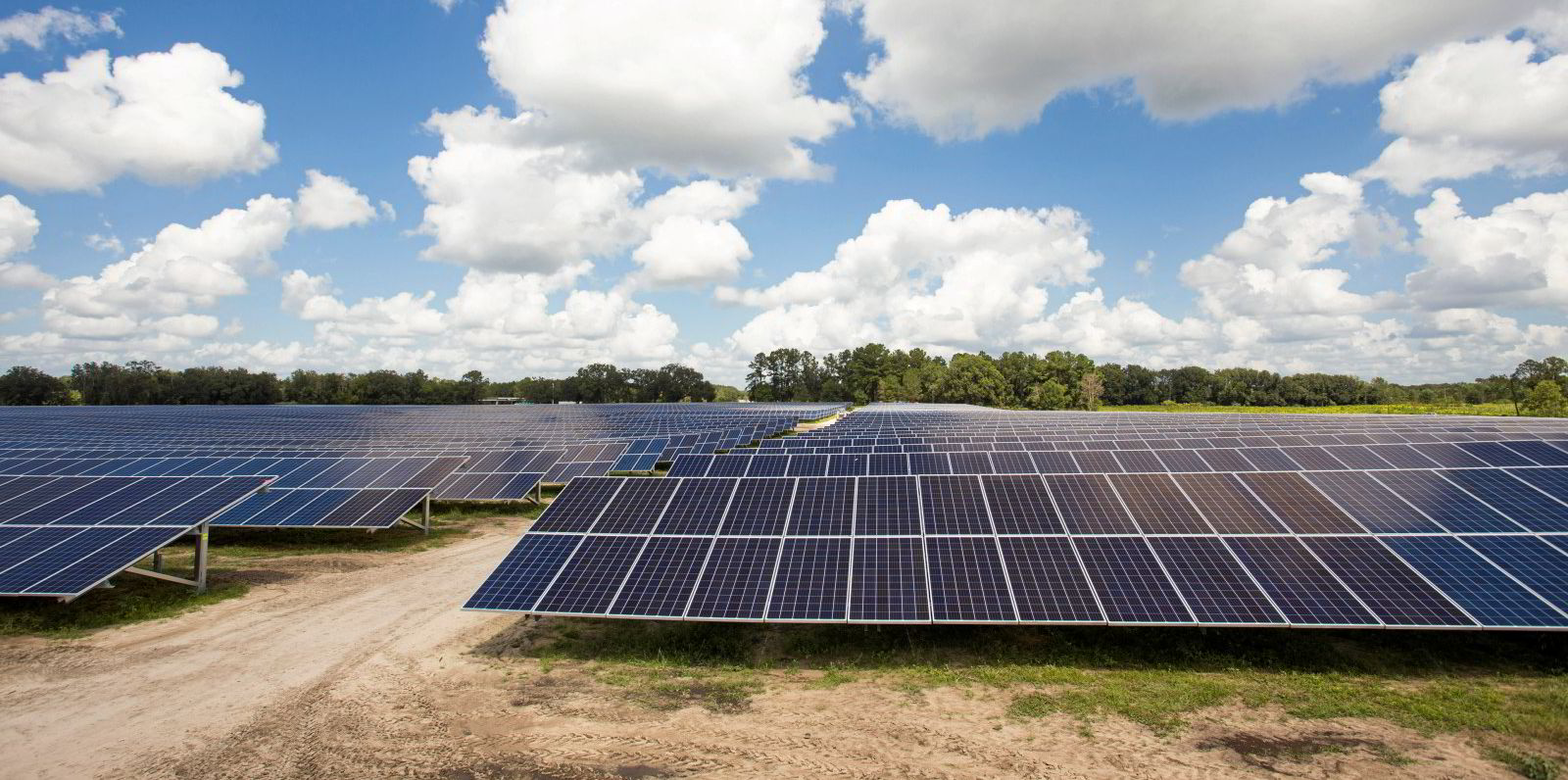
NextEra’s 'Blueprint for Real Zero' presented last week proposes to overhaul 16GW of FPL’s natural gas-fired power plants – most of the current fleet - to run on green hydrogen by 2045, produced from on-site electrolysers.
But the concept of hydrogen-fired power has been widely discredited on account of its inefficiencies. With round-trip efficiency of less than 40%, every 10kWh of wind or solar energy sent to the electrolyser would yield less than 4kWh of electricity at the other end of the process.
Moreover, NextEra plans to keep the natural gas plants on-line until they reach the end of their useful lives, reducing the risk of stranded assets. So why has NextEra tabled this proposal - and for what purpose?
Natural gas-fired power currently provides 70% of FPL’s baseload power, but NextEra would not respond directly to Recharge's enquiries about what role the proposed hydrogen power plants would play in FPL’s RealZero energy mix. This has led some experts to speculate that the group is effectively planning to convert its baseload fleet to provide electricity storage and perhaps peaking power capability.
“It is difficult to understand the rationale for this,” David Cebon, professor of mechanical engineering at the University of Cambridge, told Recharge. “It seems a bit mad.”
Arbitrage?
“This project appears to be about electricity storage,” he added. “Capture cheap electricity off peak, store it as hydrogen and then sell it back as electricity on peak. So the economic case comes from selling the electricity back at a much higher price... so called 'arbitrage'.”
In fact, NextEra does not include green hydrogen in FPL’s planned power mix for 2045, saying that it hopes to produce 83% of its power from “solar, battery energy storage and green hydrogen” combined, with green hydrogen counting as storage rather than a power source.
But Cebon is sceptical of green hydrogen’s utility as a storage medium, especially as the utility is planning to install 50GW of battery storage alongside 90GW of new solar capacity.
Moreover, the inefficiencies associated with hydrogen-fired power still stand even when the fuel is being used as storage: analysis from the Centre for Sustainable Road Freight suggests that the process of producing, storing and converting back into power would lose 68% of the power produced.
“There are much more efficient ways to store electricity (eg liquid air) … these give a much more profitable business model than using hydrogen,” said Cebon.
One possibility is to use the hydrogen as long-term storage while batteries provide short term storage needs, especially if demand and supply don’t match.
“In principle the idea of making green hydrogen from excess solar power to then generate power when demand exceeds available wind / solar supply does make sense,” Martin Lambert, head of hydrogen research at the Oxford Institute of Energy Studies told Recharge, adding: “I’m pretty sure hydrogen-fired power generation would never be baseload, but only for peaking when intermittent renewables was not available.”
It is worth noting that NextEra is also planning to keep on-line the remaining 6GW of natural gas plants not converted to green H2 to provide “system reliability”, implying that these too will be utilised to balance out variable power supply.
Storage
But Lambert warned that the green H2 power plants would either need brand new turbines or investment in upgrades – and large storage capability.
“It’s not obvious to me whether [storage] is part of their plan,” he continued. “It would require significant investment to create such storage.”
Separately, NextEra also intends to produce green hydrogen from its wider solar capacity installations for sale to third-parties, with proceeds returned to their customers.
This feeds into the group’s core plan to overhaul FPL’s system without its customers footing the bill, which Lambert, for one, is not convinced by.
“I am suspicious of the statements that this will be at ‘zero cost’ to their customers,” he explained. “Making and storing green hydrogen will not be cheap, so while wind and solar are cheap the overall system costs are unlikely to be.”
Significantly, NextEra appears to have baked in a caveat to the RealZero plan: it won’t proceed with individual schemes that are proved to be too expensive.
“We.. won’t move forward with projects as part of this plan unless they are cost-effective for customers,” the company told Recharge.
This could be seen as get-out-of-jail-free card, warned Lambert: “It’s relatively low cost for them to carry out feasibility studies and then say ‘well we had a plan for net zero, but it wasn’t cost effective, so we’ll stick to fossil fuels which is cheaper!’”